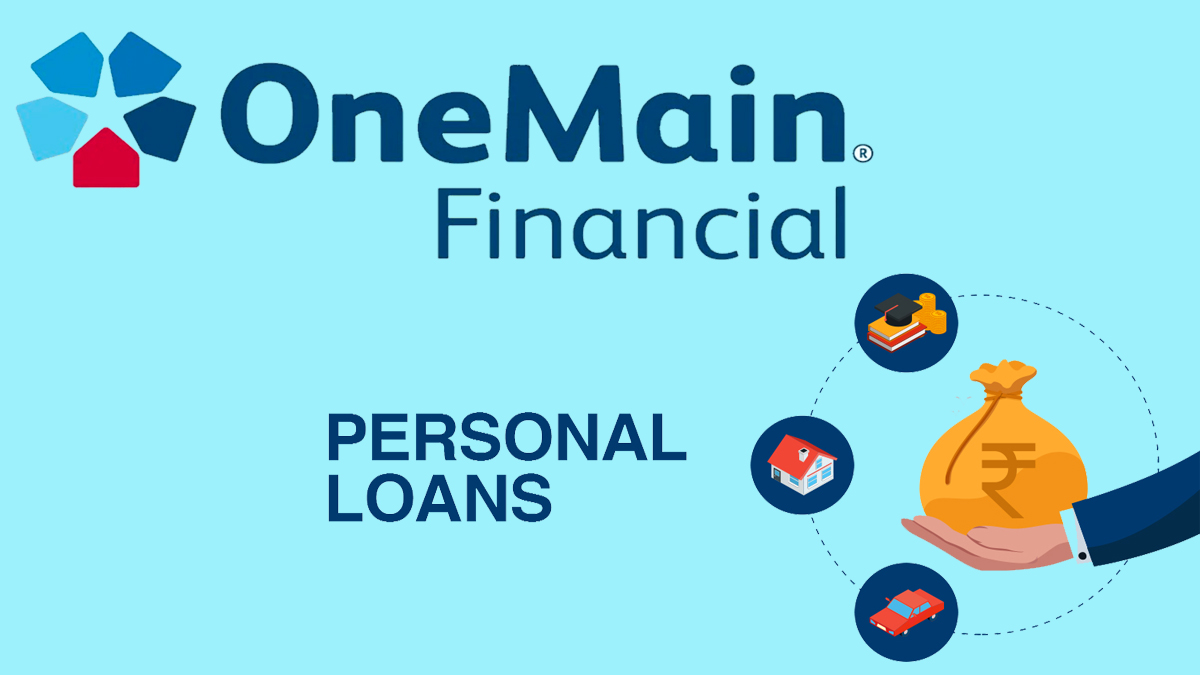A startup business loan is a type of financing concentrated on assisting new businesses get off the ground, cover starting expenses, and grow during their early periods. This is because startups for business normally lack the financial history and revenue streams of established businesses.

Therefore, obtaining or getting a loan can be challenging. But not to worry, because startup business loans are designed to meet the needs of young or new business owners who are in the process of building their operations, building customers or audiences, and developing products or services. Even if you are not able to secure a startup business loan for the first time, do not fret.
Besides, other lenders may approve your application, and there are other alternatives to consider as well. Equally important, you will be exploring more information and details about this type of business loan as you venture deeper into this content. Therefore, if you are interested in growing your business and getting the right amount of capital to start, keep scrolling.
How Does a Startup Business Loan Work?
To repeat, startup business loans are financial products designed to provide new businesses with the capital needed to grow. However, it is important to understand how these loans work by looking at the application process, the types of loans available, and the considerations businesses must remember when searching for financing.
Firstly, startup business loans operate like other types of business loans. You need to find a lender, and they will apply to get you funded. Before the loan is approved for you, the lender will review your creditworthiness, and if you are qualified, the loan will be approved for you. Lastly, you will pay the money back with interest.
Types of Startup Loans
There are several types of startup business loans that entrepreneurs can explore to fund their ventures:
• Traditional Bank Loans
These are standard loans offered by banks, requiring a good credit history, collateral, and a detailed business plan. Interest rates may vary depending on the lender’s terms and the borrower’s qualifications.
• Small Business Administration (SBA) Loans
SBA loans are backed by the U.S. Small Business Administration, making them more accessible to startups. They typically offer favorable terms and lower interest rates than traditional bank loans.
• Microloans
Microloans are small loans offered by nonprofit organizations, community lenders, or online lenders. They are usually easier to qualify for and are suitable for startups needing smaller amounts of capital.
• Venture Capital
It involves investors providing funds to startups in exchange for equity ownership. Venture capitalists typically invest in high-growth potential businesses and often offer expertise and guidance along with the funding.
• Crowdfunding
Crowdfunding platforms allow startups to raise funds from a large number of individuals online. This method typically involves offering rewards, equity, or debt in exchange for contributions.
• Lines of Credit
Business lines of credit provide a revolving credit facility that startups can use to access funds as needed. Interest is only levied on the borrowed amount, making it a versatile financing choice.
• Equipment Financing
Startups requiring specialized equipment can opt for equipment financing, where the equipment itself serves as collateral for the loan. This option is suitable for businesses that need to purchase machinery, vehicles, or other assets.
• Invoice Financing
Also known as accounts receivable financing, this option involves selling unpaid invoices to a third-party lender at a discount. It provides immediate cash flow for startups waiting on customer payments.
• Personal Loans or Credit Cards
In some cases, entrepreneurs may use personal loans or credit cards to fund their startups. While this option can be quicker and easier to obtain, it’s important to consider the risks associated with personal liability and high interest rates.
Each type of startup business loan has its own advantages and considerations, so it’s essential for entrepreneurs to research and choose the option that best fits their financial needs and business goals.
Pros and Cons of Small Business Loans
There are a lot of benefits involved in taking out a startup loan, especially for your business. Apart from this, there are also some downsides to applying for the same loan. Nonetheless, you will be learning about them in this section, so no stress.
Pros
- Opportunity to grow your business.
- No collateral is required.
- Flexible repayment terms.
- You get to improve your credit score.
- Gets your business off the ground.
Cons
- Difficult to qualify for.
- You will make payments for the loan out of your pocket if the business fails.
- Loan collateral may be required, depending on the lender.
- High loan payments.
- High interest and fees.
You can still look around for the best terms and rates from different lenders.
How to Get a Startup Business Loan
The application process for applying for a startup business loan differs depending on the type of financing and the financial institution or lender. Nevertheless, most online lenders and banks have the same requirements, so even if you experience exceptions, you can still use these steps to begin:
- Determine what type of loan you need.
- Review your personal and business credit scores.
- Prepare all the legal documents and information.
- Compare lenders.
- This is to find the best deal.
- After that, submit your application.
- Consider some alternatives.
Thus, if you do not get approved for a loan by your selected lender, you can choose some alternatives and find out if you qualify for them.
Alternatives to Startup Business Loans
As mentioned earlier, there are some alternatives that you can consider if you do not qualify for a startup business loan. Once you can meet the requirements of these alternatives, you will have no trouble getting approved. Now, let’s see these substitute options:
- Merchant cash advance
- Grants
- Business credit card
- Crowdfunding
- Personal savings
- Family and friends
- Business personal loans
You are more than welcome to use these means if you no longer want to apply for or secure a startup loan for your business.
FAQs
How can I qualify for a startup business loan?
Qualification criteria vary depending on the lender and the type of loan. Generally, lenders consider factors such as credit history, business plan, collateral, cash flow projections, and the entrepreneur’s experience and industry expertise.
How much funding can I get with a startup business loan?
The amount of funding available depends on the lender, the type of loan, and the financial needs of the business. Some loans may offer smaller amounts for micro-enterprises, while others, like venture capital or SBA loans, may provide larger sums for high-growth startups.
What are the interest rates and terms for startup business loans?
Interest rates and terms vary widely depending on the lender, the type of loan, and the borrower’s qualifications. Traditional bank loans and SBA loans typically offer competitive rates and longer repayment terms, while alternative lenders may have higher rates but more flexible terms.
How long does it take to get approved for a startup business loan?
The approval process can range from a few days to several weeks or even months, depending on the lender’s requirements, the complexity of the application, and the amount of funding requested. Some alternative lenders may offer quicker approval times than traditional banks.
What are the risks associated with startup business loans?
Like any form of debt financing, startup business loans carry risks, including the potential for default, high interest costs, and personal liability for business owners. It’s essential for entrepreneurs to carefully assess their financial situation and ability to repay the loan before borrowing.
Can I get a startup business loan with bad credit?
While having a good credit score improves the chances of loan approval and favorable terms, some lenders offer options for entrepreneurs with less-than-perfect credit. Alternative lenders, such as online lenders or microlenders, may be more willing to work with startups with poor credit histories.
What should I consider before taking out a startup business loan?
Before applying for a startup business loan, entrepreneurs should consider their financing needs, the purpose of the loan, the costs and terms of the loan, alternative funding sources, and the potential impact on their business’s cash flow and long-term financial health. Consulting with financial advisors or mentors can also provide valuable insights.



